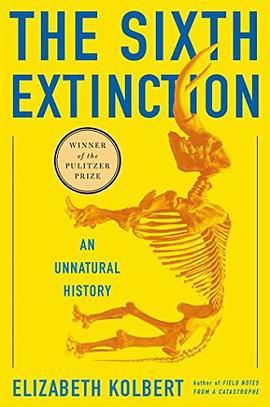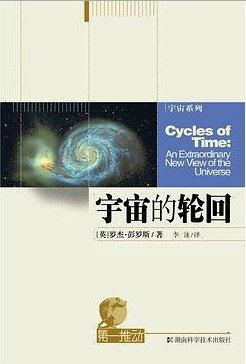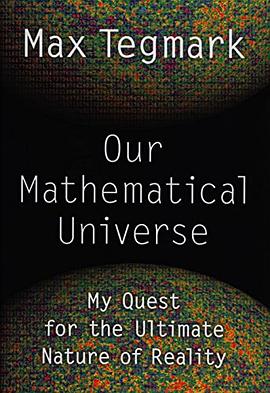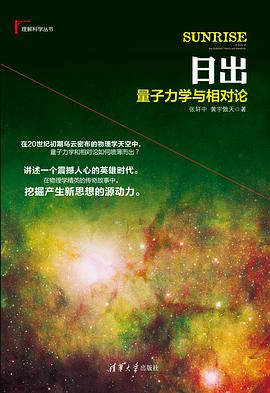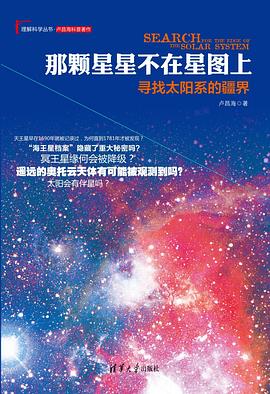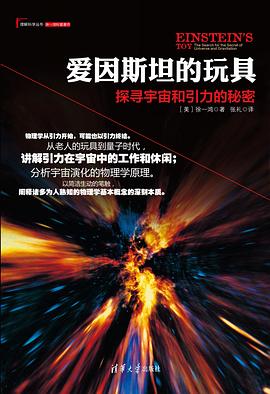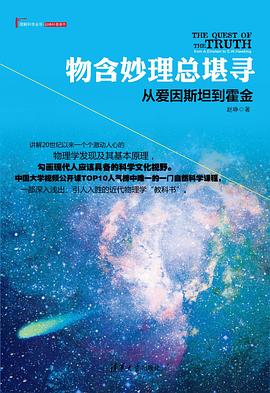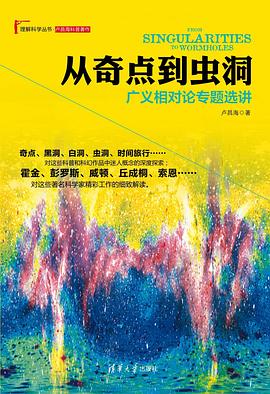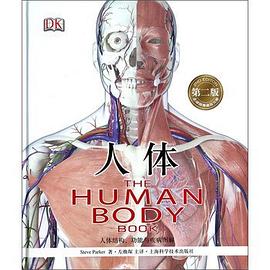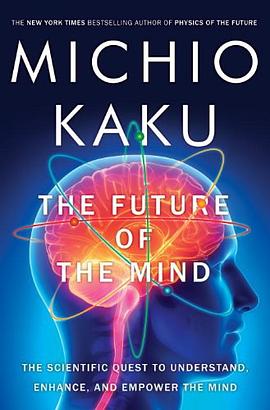
The New York Times best-selling author of PHYSICS OF THE IMPOSSIBLE, PHYSICS OF THE FUTURE and HYPERSPACE tackles the most fascinating and complex object in the known universe: the human brain.
For the first time in history, the secrets of the living brain are being revealed by a battery of high tech brain scans devised by physicists. Now what was once solely the province of science fiction has become a startling reality. Recording memories, telepathy, videotaping our dreams, mind control, avatars, and telekinesis are not only possible; they already exist.
THE FUTURE OF THE MIND gives us an authoritative and compelling look at the astonishing research being done in top laboratories around the world—all based on the latest advancements in neuroscience and physics. One day we might have a "smart pill" that can enhance our cognition; be able to upload our brain to a computer, neuron for neuron; send thoughts and emotions around the world on a "brain-net"; control computers and robots with our mind; push the very limits of immortality; and perhaps even send our consciousness across the universe.
Dr. Kaku takes us on a grand tour of what the future might hold, giving us not only a solid sense of how the brain functions but also how these technologies will change our daily lives. He even presents a radically new way to think about "consciousness" and applies it to provide fresh insight into mental illness, artificial intelligence and alien consciousness.
With Dr. Kaku's deep understanding of modern science and keen eye for future developments, THE FUTURE OF THE MIND is a scientific tour de force--an extraordinary, mind-boggling exploration of the frontiers of neuroscience.
具体描述
作者简介
MICHIO KAKU is a professor of physics at the City University of New York, cofounder of string field theory, and the author of several widely acclaimed science books, including Hyperspace, Beyond Einstein, Physics of the Impossible, and Physics of the Future. He is the science correspondent for CBS's This Morning and host of the radio programs Science Fantastic and Explorations in Science.
目录信息
读后感
加来道雄写完《平行宇宙》后意犹未尽,又意欲揭示宇宙中最复杂物体—-大脑—-的奥秘。理论物理学家写神经科学方面的专著,力度和深度并不足够,内容多为泛泛而谈,点到即止。不过,跨界写作的优势在于可以藐视专业禁忌提出异想天开的推测。如加来道雄就预测,未来的心灵和意识...
评分《创建系统学》《极简宇宙》《心灵的未来》-最近这几本还有挺大的联系。 《创建系统学》是钱学森关于系统论方面的文集,因为收录不同时期的文章和信件,难免内容有重复和零散,不过中心思想还是统一的。 五个师少了,至少五十个。 对于钱老的非议,大致有两块-亩产万斤,特异功...
评分Theme: The title of the book suggests the theme of the book. It starts by talking about tools that enable scientific studies of the brain, its physiology and biology. Then, it talks about engineering methods that augment or amend brain's capability. Lastly,...
评分We are all in the gutter, but some of us are looking at the stars. --Wilde 王尔德说:我们都在阴沟里,但仍有人仰望星空。每当身陷一地鸡毛的生活琐碎里,我总会尝试望望星空,换取片刻的抽离。浩瀚无垠的宇宙里,银河系只是一粒微渺的尘埃,地球也不过是小行星偶然撞击形...
评分We are all in the gutter, but some of us are looking at the stars. --Wilde 王尔德说:我们都在阴沟里,但仍有人仰望星空。每当身陷一地鸡毛的生活琐碎里,我总会尝试望望星空,换取片刻的抽离。浩瀚无垠的宇宙里,银河系只是一粒微渺的尘埃,地球也不过是小行星偶然撞击形...
用户评价
consciousness from a physicist's view; compares billions of stars in the Milky Way galaxy to the number of neurons in our brain-interesting
评分道理浅显的科普书籍,看了很振奋!但是看了the great myth of the brain就会发现一个物理学家写神经科学很多还是凭的hearsay
评分brains contains reptile part, mammals part and humans part, that's really interesting, how can you optimize the structure based on an existing structure? do you get the global minimum or evolution will take care of this? differnet imaging techniques which are used to study brains have advantages and limitation, cost, temporal and spatial resolution
评分读到最后发现神经科学和人工智能发展的一个瓶颈是量子力气 ... 可能因为作者是一个研究弦论的理论物理学家吧 不过如果没有不确定性卡在这里的话 我们现在就可以去死了 人生是没有意义的
评分作者脑洞开的有点大,但我相信人的大脑和宇宙在本质上确是一样的。
相关图书
本站所有内容均为互联网搜索引擎提供的公开搜索信息,本站不存储任何数据与内容,任何内容与数据均与本站无关,如有需要请联系相关搜索引擎包括但不限于百度,google,bing,sogou 等
© 2025 qciss.net All Rights Reserved. 小哈图书下载中心 版权所有


